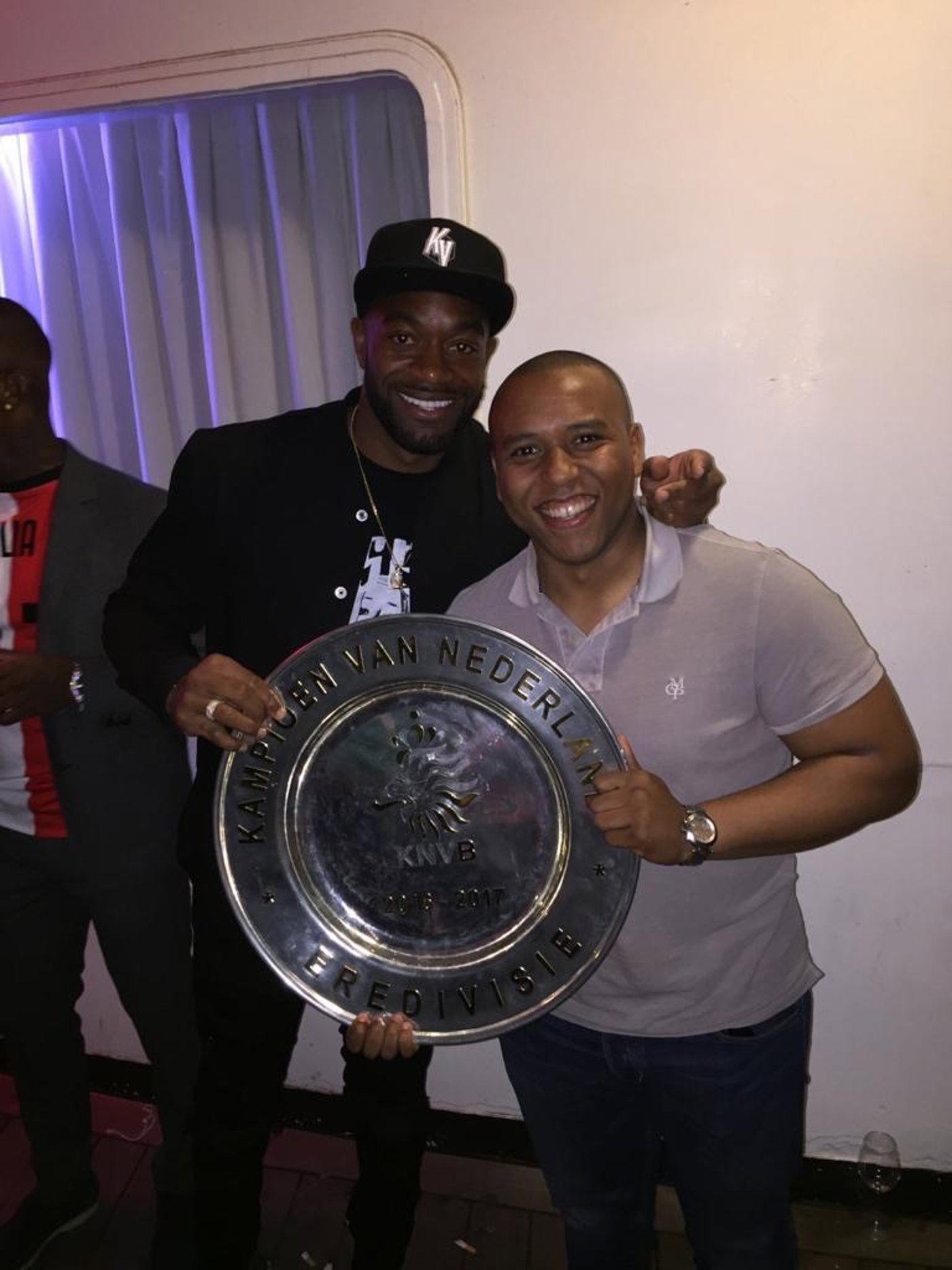Why so many soccer pros go broke at the end of their career
Top soccer players earn millions, but the money often drains out in no time. They live in a make-believe world with private jets, designer clothes and extravagant indulgences. When their career is over, more than 60 percent of the European soccer players go bankrupt.
Soufyan Daafi created the company Sport Legacy and Kenneth Vermeer became their ambassador. Their goal: to create awareness. “They think about their financial future much too late.”
Luxury vacations on tropical beaches. The most expensive cars. VIP tickets to the most eccentric parties. Extravagant watches and a harem of “gold diggers”. If you follow the top soccer players on Instagram you will see a world of unlimited extravagant indulgences. A world where money is spent by the ton. But the reality behind it is really tough. The road from millionaire status to bankruptcy is shorter than the fans realize.
Help where possible
Former international player Kenneth Vermeer, also former goalie of Ajax and Feyenoord, plays in sunny California these days, for Los Angeles FC. He is concerned about former soccer stars who fall into a miles-deep, black hole at the end of their careers. His former teammate and friend from his younger days at Ajax, Soufyan Daafi, started the company Sport Legacy and Kenneth Vermeer joined him as an ambassador for the company. Sport Legacy’s vision is to help where possible in a bizarre soccer world where nothing is what it seems.
Soufyan Daafi: “Not everyone gets to have a career with an income of millions. I saw it all around me. One of my best friends, Kenneth Vermeer, was a champion with Ajax for three years. At one point he was benched, and it was not certain if his contract would be renewed. There was no interest from foreign clubs. That was when I realized how big the risks are when that soccer income disappears. Kenneth was fortunate and got signed on with Feyenoord.”
In a world where a 17-year old youth can become a millionaire in one day, you might wonder what big clubs like Ajax and PSV are doing to keep their talents on tracks
“The club always recommends for everyone to speak to a financial advisor. Sportdesk ABN Amro, for example is active with Ajax. For AZ it is the Rabobank. But that help only goes so far. When serious financial problems occur, all the parties end up point the finger at each other. The club will say: ‘That’s what the agents are for.’ The agent will say: ‘We assist the player, but he is responsible for himself.’ And the player looks at both parties: ‘I need your support.’ And that is what we want to do now, with Sport Legacy. Making players aware that they should not fall into all kinds of financial traps but should ask for help before any of that happens.”
